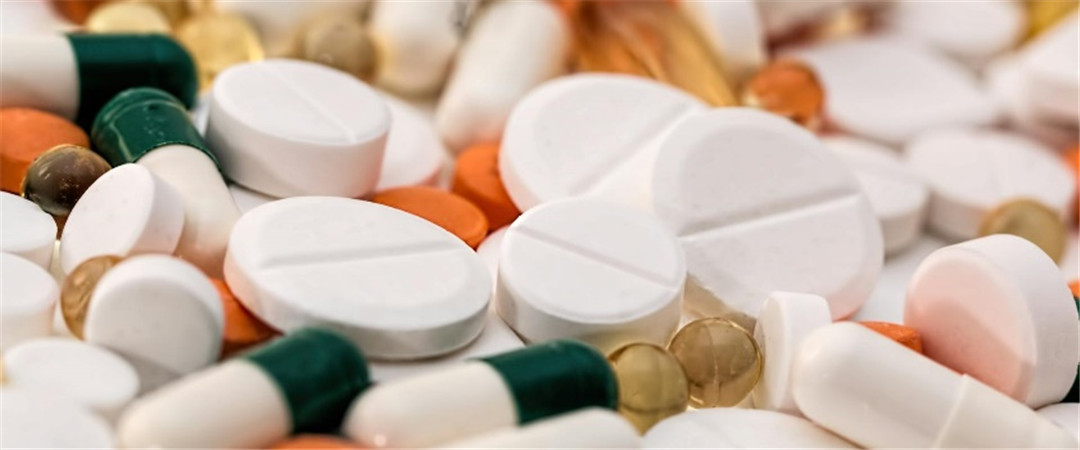[Q&A] Legal Risks: Showing Patented Ingredients
2025. 9. 18

Question: Can an active pharmaceutical ingredient (API) that falls within the patent protection scope of an originator drug be promoted on official websites and at exhibitions?
Answer: To explore the question raised, the following two cases are of typical significance. The first case involves an infringing company, a Shanghai-based pharmaceutical product and technology R&D service company, which displayed the anti-tumor API Sorafenib on its official website and at exhibitions. This API falls within the patent protection scope of the originator drug company. The second case involves an infringing company, a Nanjing-based pharmaceutical company, which displayed the API for Rivaroxaban tablets on its official website and at exhibitions, also falling within the patent protection scope of the originator drug company. The outcomes of these two cases are highly consistent: the act of displaying APIs without the permission of the patent holder constitutes patent infringement as "offering for sale," and it does not qualify for the exception clause under the Patent Law for drug marketing approval.
First, whether the involved act constitutes unauthorized "offering for sale" as defined by the Patent Law. The Shanghai company claimed that it did not sell the involved product for production or business purposes, and the display was merely a presentation of the company's R&D capabilities and direction, which should not be considered as an offering for sale. The Nanjing company claimed that its display was targeted at enterprises planning to develop generic versions of Rivaroxaban, and the involved product was not yet ready for sale, thus not constituting an offering for sale. However, these arguments were not accepted. The reason is that while the absence of actual sales or lack of sales capability may not constitute "sale," "sale" and "offering for sale" are two independent forms of infringement under the Patent Law. If a party indicates an intention to sell a product through advertising, product display, online presentation, or exhibition at trade fairs, it can be identified as offering for sale.
Second, regarding the application of the exception clause for drug marketing approval. Article 75(5) of the Patent Law (2020 Amendment) stipulates China's version of the "Bolar exception" clause, which states that manufacturing, using, or importing patented drugs or medical devices for the purpose of providing information required for administrative approval, as well as manufacturing or importing such products specifically for this purpose, shall not be deemed as patent infringement. The legislative intent of this clause is to address the delay in drug approval: if generic drug companies must wait until the originator drug's patent expires before conducting trials and submitting applications, the actual market entry of generic drugs would be significantly delayed beyond the patent expiration date, effectively extending the patent protection period. Therefore, the law permits specific actions for administrative approval purposes during the patent protection period. In these cases, although the Shanghai company claimed that its display was intended to find R&D partners and emphasized that the product was in the "R&D" and "DMF" (Drug Master File) development stages, requiring collaboration for drug registration applications, and the Nanjing company claimed that its actions fell within the scope of the administrative approval exception by citing information about the originator drug on its display board and the Bolar exception clause; and both the Shanghai and Nanjing companies also claimed to belong to the latter of the entities covered by the infringement exception for drug marketing approval which include "generic drug enterprises" and "third parties providing experimental assistance for them.", however, this exception is limited to actions for "administrative approval" purposes. The act of offering for sale clearly exceeds this boundary. Moreover, during the administrative approval stage, whether a generic drug will ultimately be approved is uncertain, and premature commercial promotion may mislead the public. Therefore, the statutory exception does not include the act of "offering for sale."
In summary, promoting drugs that fall within the patent protection scope of originator drugs on official websites and at exhibitions constitutes unauthorized "offering for sale" and constitutes patent infringement.